
World Cities Report 2022: Envisaging the future of cities
World Cities Report 2022: Envisaging the Future of Cities seeks to provide greater clarity and insights into the future of cities based on existing trends, challenges and opportunities, as well as disruptive conditions, including the valuable lessons from the COVID-19 pandemic, and suggest ways that cities can be better prepared to address a wide range of shocks and transition to sustainable urban futures. The Report proposes a state of informed preparedness that provides us with the opportunity to anticipate change, correct the course of action and become more knowledgeable of the different scenarios or possibilities that the future of cities offers.
Editorial team
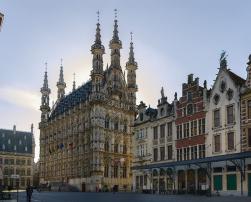
The medieval city of Leuven towards an energy transition
The medieval city of Leuven in Belgium has adopted an ambitious transition programme to address the climate emergency. Its goal is to lower CO2 emissions by 67% by 2030 and to achieve neutrality by 2050. To do so, Leuven 2030, an NGO based on a shared governance model between local authorities, businesses, knowledge institutions and civil society organisations, has agreed on a roadmap that aims to ensure an ambitious and fair transition.
Editorial team
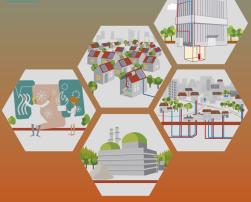
Implementation of research and innovation priorities and deployments trends of the renewable heating and cooling technologies
This report provides some insights into Renewable Heating and Colling (RHC) research & innovation. It indicates a clear trend towards cross-cutting technologies, sector coupling, and integrated or hybrid systems, as well as a greater inclusion of and cooperation with other renewable technologies.
Editorial team
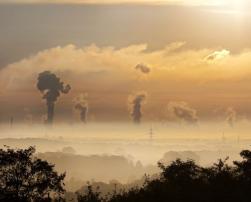
Phase-out of fossil heating technologies to increase energy independence and security
As winter is approaching, the new Coolproducts national study underlines how, for many member states, a phase-out of fossil heating technologies can easily be a triple score for independence, climate, and energy security.
Editorial team
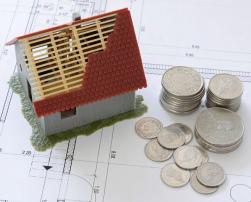
Roundtable results about smart financing implementation for energy efficient buildings in Greece
The SMAFIN project shares the highlights from the second roundtable with stakeholders to discuss innovative financing for energy efficient buildings. The concept of SMAFIN relies on the creation of permanent discussion forums on energy efficiency investment topics in buildings, infrastructure, industry and SMEs.
Editorial team
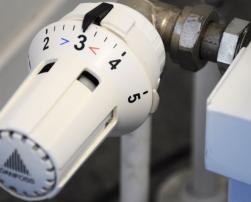
Responding to energy crisis: Save energy in the summer to use it in the winter
Due to the current gas crisis, the European Commission is proposing a reduction of gas demand by Member States of 15% which could help in reducing market pressures.
Editorial team
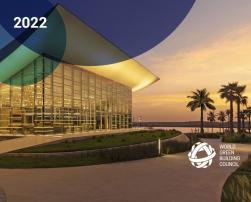
The race to zero emissions: Advancing Net Zero Status Report 2022
Is it possible to reach 100% net zero carbon buildings by 2050? The WorldGBC´s global Advancing Net Zero programme is paving the way towards this very ambitious goal.
Editorial team

Positive Energy Neighbourhoods for a successful decarbonisation of the EU building stock
Beyond the energy community concept, there is the concept of Positive Energy Neighbourhood (PEN) which can fully reap the benefits of energy efficiency, renewable energy and low carbon technologies. Some policy recommendations are given in order to scale the implementation of PENs to reach the decarbonisation targets.
Editorial team

A plan for Milan to become fully carbon-neutral by 2050
The City of Milan has approved the Air and Climate Plan (PAC) which is paving a carbon-neutral future for the city by 2050. This strategic document should guide the city government and many key stakeholders to reach this ambitious target.
Editorial team

Ensuring safe and energy efficient buildings: How to integrate seismic-safety with energy renovations in the EPBD
Amidst the well-known urgency to renovate the building stock in Europe, there is another challenge that needs to be addressed and goes hand-in-hand with deep renovation: How is the EPBD recast ensuring the uptake of seismic renovations?
e-SAFE project